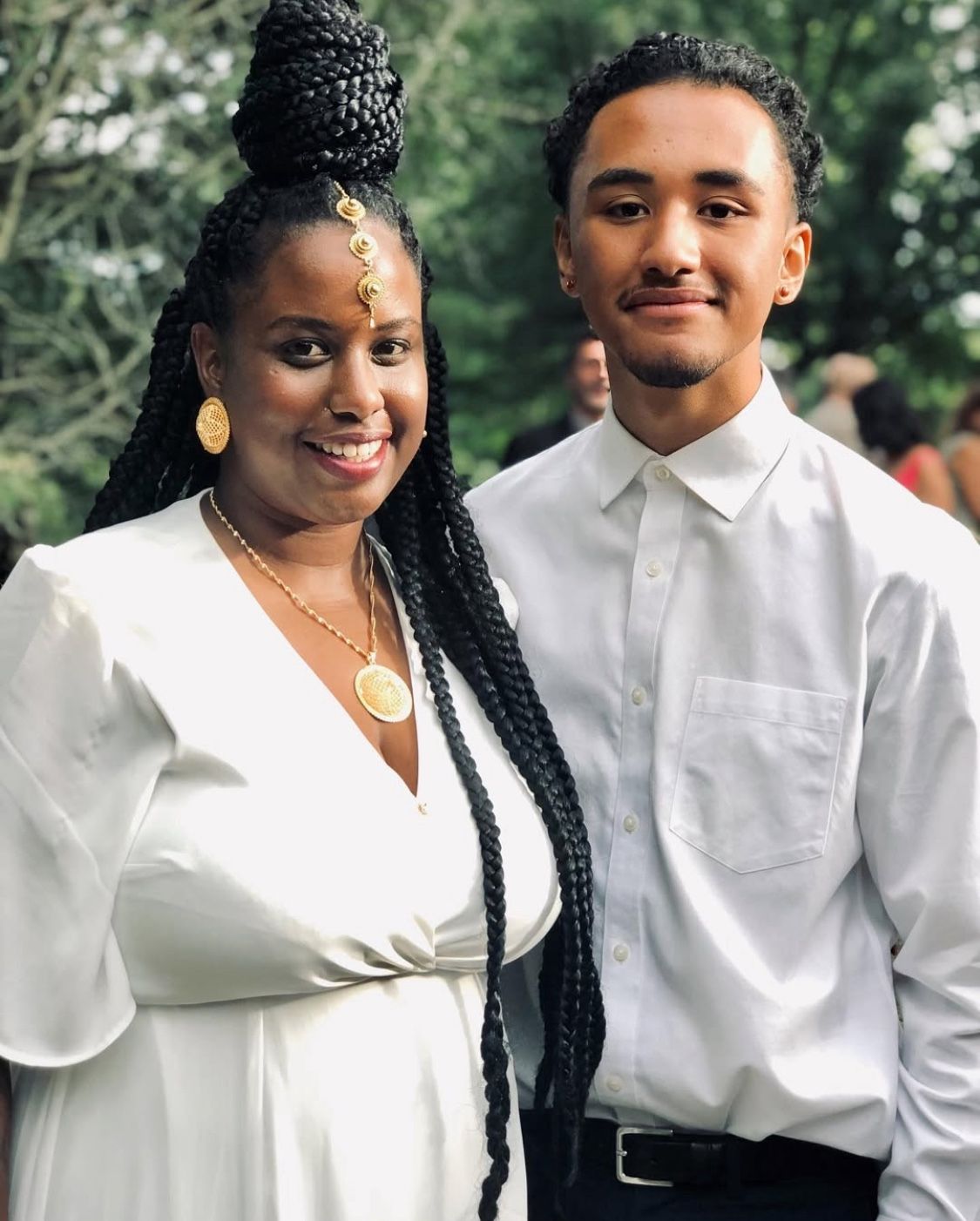
Ayo Leilani
Where were you at in your music career when you had your first child? Was there much discussion about how that life choice would affect your career within the music/entertainment industry?
When I had my child, I was just beginning my music career. It was 2008, I was 26 years old and already parenting a six-year-old, navigating both motherhood and the early stages of building a name for myself in the industry. At the time, there wasn’t much space (or many conversations) around how being a parent, especially a young, Black, queer mother, would impact a career in music. There was definitely an unspoken assumption that parenting and pursuing a creative career were incompatible, but I pushed forward anyway. My child was never a barrier; they were (and still are) a source of strength, inspiration, and clarity.
As a working parent in the music industry, what are some of the biggest challenges you face or have faced?
As a working parent in the music industry, some of the biggest challenges I’ve faced have been around touring and childcare. Touring often means being away from home for extended periods, and finding the money to pay sitters (especially trusted ones who understand the unpredictable nature of the music world) can be incredibly difficult. Many shows and venues don’t allow children, not even backstage, which made it even harder to include my family in my work life. The lack of infrastructure or flexibility for parents in music often leaves us having to choose between career opportunities and showing up as present caregivers. It’s a constant balancing act.
What is one change (big or small) within the industry that could make a positive impact for working parents?
One meaningful change that could make a big difference for working parents in the music industry would be the normalization and support of family-friendly spaces, especially backstage and at festivals. Creating environments where children are welcomed, or where childcare is provided on-site, would allow parents to participate more fully in opportunities without being forced to choose between their kids and their careers. Even small shifts, like flexible scheduling or artist fees that account for childcare costs, would go a long way in making the industry more accessible and inclusive for caregivers.
How do you find support and community with other working parents in or out of the music industry?
I’ve found support and community with other working parents by being open about my journey, both the struggles and the joys. Whether through artist residencies, grant programs, or backstage conversations at shows, I’ve met other parents who are trying to make it work just like I am. Outside the music industry, I’ve leaned on a small circle of family and friends who understand what it means to raise a child while chasing a dream. More recently, I’ve been building spaces (like artist residencies and workshops) that centre caregiving as part of creative life, not separate from it. That’s where I’ve found the most meaningful connections: in spaces that don’t ask me to choose between being a parent and being an artist.
What could a music event (festival, conference, etc.), do or provide to make it easier for you to participate?
Music events can better support parents by offering on-site childcare, flexible scheduling, and safe, welcoming spaces for children and caregivers. Even small changes like providing a quiet room, a nursing area, or allowing children backstage can make a huge difference. Covering travel costs or accommodations that include family, such as a double room or caregiver flights, would help ease the logistical burden. Offering healthy, accessible meals for both adults and kids is essential, especially during long event days. Creating supervised or lightly structured play areas where children can rest, create, or simply be kids would go a long way in making events more inclusive for working parents.
Can you shout out another music mama doing great things?
Sydanie is an excellent example of a mother in music. She’s shown that it’s possible to raise a child while building a powerful, uncompromising career, and her presence continues to inspire me and so many others in the community.


